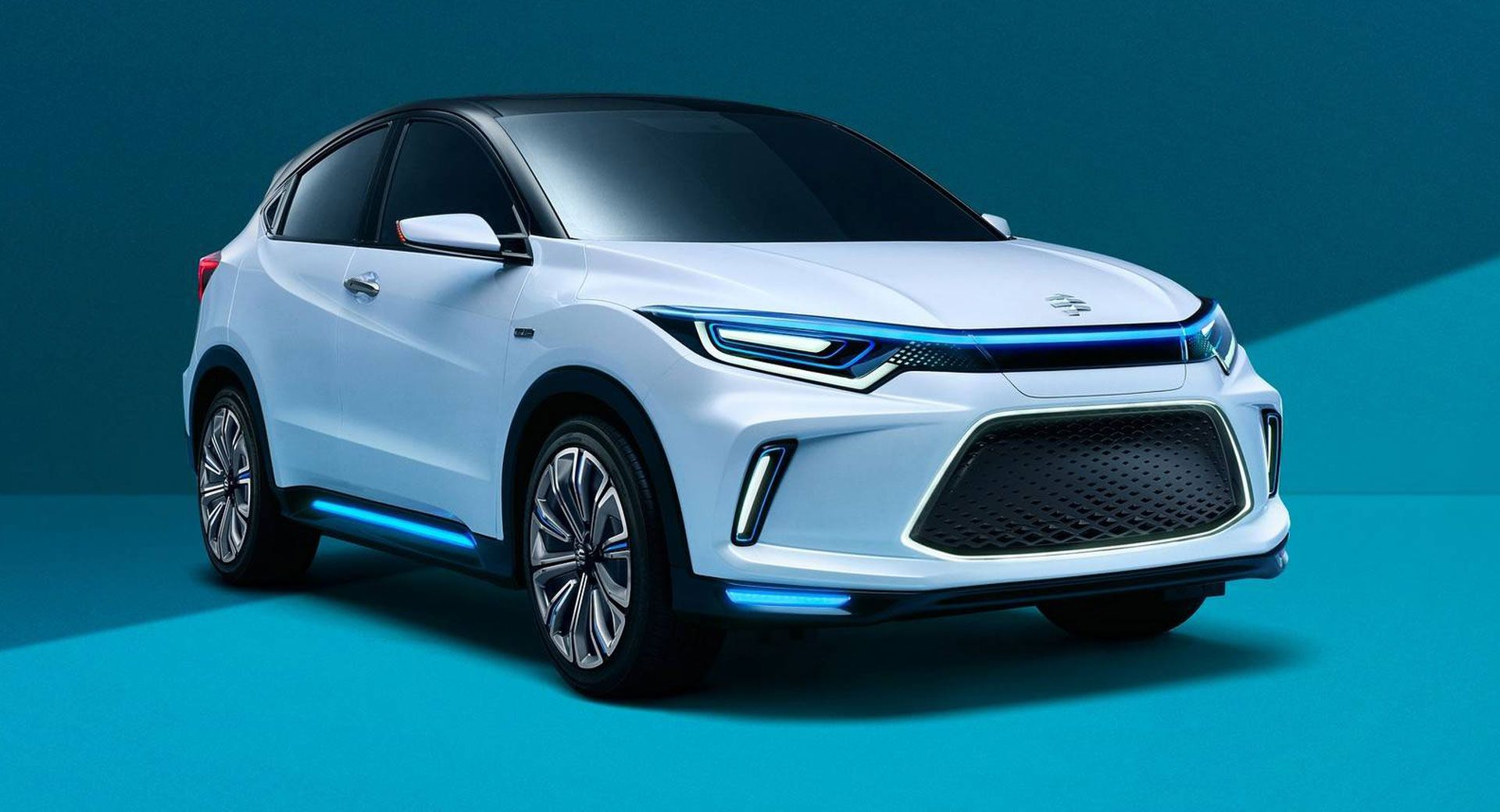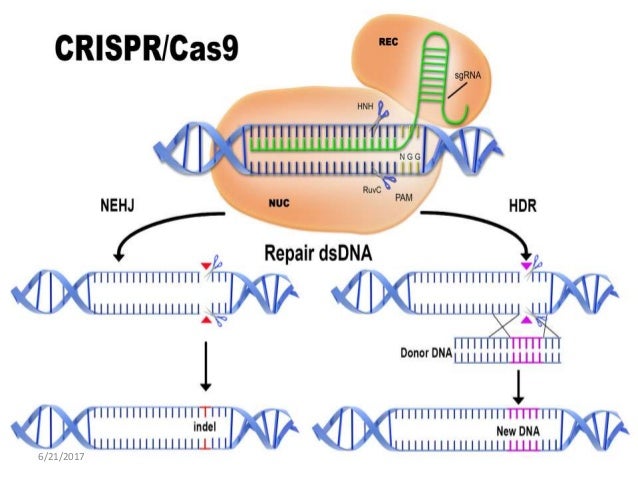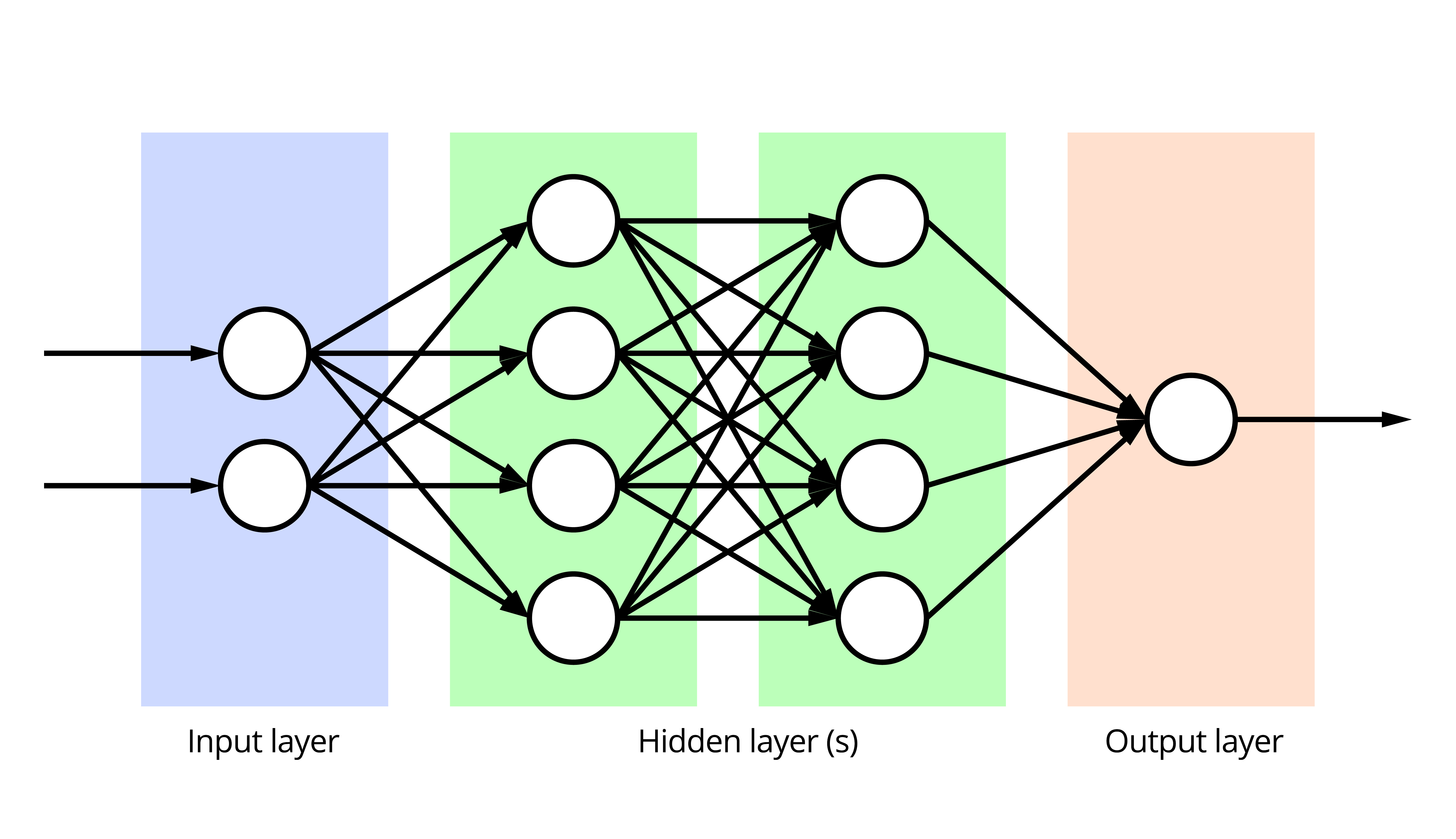The Game-Changing Inventions and Discoveries of the 21st Century!!!!
The 21st century has been an era of remarkable technological advancements and groundbreaking discoveries. From transformative inventions like Artificial Intelligence that have reshaped industries to scientific breakthroughs like The GOD PARTICLE that have expanded our understanding of the universe, this century has witnessed an unprecedented pace of innovation. In this blog, we will explore some of the greatest inventions and discoveries of the 21st century that have profoundly changed the world.
1. Smartphones:
Undoubtedly, smartphones have revolutionized the way we live, communicate, and access information. The introduction of the iPhone in 2007 kick-started a mobile revolution, transforming phones into multifunctional devices. Today, smartphones are our constant companions, providing us with instant connectivity, access to the internet, navigation, entertainment, and much more. They have truly transformed the way we work, socialize, and navigate our daily lives.
2. Internet of Things (IoT):
The Internet of Things refers to the network of interconnected devices that can communicate and exchange data. It has opened up a world of possibilities by connecting everyday objects to the internet. IoT has enabled smart homes, smart cities, and smart industries, allowing for more efficient resource management, automation, and enhanced connectivity. From wearable fitness trackers to intelligent home appliances, IoT has revolutionized our interaction with technology.
3. Electric Vehicles (EVs):
The widespread adoption of electric vehicles represents a major step towards a sustainable future. With concerns about climate change and fossil fuel depletion, EVs offer a cleaner and more efficient mode of transportation. Improved battery technology and charging infrastructure have accelerated their popularity, reducing carbon emissions and promoting renewable energy usage. Electric vehicles have the potential to reshape the automotive industry and reduce our dependence on non-renewable energy sources.
4. CRISPR-Cas9:
The development of CRISPR-Cas9 gene editing technology has unlocked the potential for precise and efficient genome editing. This revolutionary tool allows scientists to modify genes with unprecedented accuracy, offering immense potential in fields such as medicine, agriculture, and biotechnology. CRISPR-Cas9 holds the promise of treating genetic diseases, creating disease-resistant crops, and advancing our understanding of the genetic basis of life.
5. Renewable Energy Technologies:
The 21st century has seen significant advancements in renewable energy technologies, including solar, wind, and geothermal power. These technologies have become more efficient, affordable, and widely accessible. They offer a clean and sustainable alternative to traditional energy sources, mitigating the environmental impact of energy production and reducing reliance on fossil fuels. The transition towards renewable energy is crucial for combating climate change and ensuring a sustainable future for generations to come.
6. Artificial Intelligence (AI):
Artificial Intelligence has rapidly evolved, transforming various aspects of our lives. From voice assistants to personalized recommendations, AI has become ingrained in our daily experiences. Machine learning algorithms have made significant strides in areas like healthcare, finance, and transportation, enabling accurate diagnostics, predictive analytics, and autonomous vehicles. AI has the potential to drive innovation across industries and solve complex problems that were once unimaginable.
7. Blockchain Technology:
Blockchain technology gained prominence with the rise of cryptocurrencies like Bitcoin. However, its potential extends beyond digital currencies. Blockchain offers a decentralized, secure, and transparent system for recording and verifying transactions. It has the potential to revolutionize industries such as finance, supply chain management, healthcare, and voting systems, by enhancing transparency, security, and efficiency.
8. Higgs Boson (God Particle):
In 2012, scientists at CERN's Large Hadron Collider (LHC) announced the discovery of the Higgs boson, often referred to as the "God Particle." This groundbreaking discovery confirmed the existence of the Higgs field, which gives particles mass. The Higgs boson discovery was a major triumph for particle physics, providing crucial insights into the fundamental nature of matter and the origins of the universe. It can also be termed as the "Greatest discovery of the 21st century".
9. SpaceX and Commercial Spaceflight:
SpaceX, founded by Elon Musk in 2002, has revolutionized the space industry. The company's achievements include developing reusable rocket technology, such as the Falcon 9 and Falcon Heavy, and successfully launching and landing rockets multiple times. SpaceX's breakthroughs have significantly reduced the cost of space travel and paved the way for the emergence of commercial spaceflight, with ambitions to colonize Mars.
10. 3D Printing:
Also known as additive manufacturing, 3D printing has transformed the way we design and manufacture objects. It allows for the creation of three-dimensional objects by layering materials based on digital models. 3D printing has found applications in various fields, including healthcare (custom prosthetics and medical implants), aerospace (rapid prototyping), architecture, and consumer goods, enabling faster production and customization.
11. Human Genome Project:
The Human Genome Project, initiated in the 1990s but completed in 2003, involved mapping and sequencing the entire human genome. This monumental achievement provided an invaluable resource for understanding the genetic blueprint of human beings. The project's completion has paved the way for advancements in personalized medicine, genetic research, and diagnostics, allowing for targeted treatments and insights into various genetic diseases.
12. Self-Driving Cars:
The development of autonomous vehicles has the potential to revolutionize transportation, making it safer, more efficient, and accessible. Companies like Tesla, Google's Waymo, and traditional automakers have made significant strides in self-driving technology. By utilizing sensors, machine learning algorithms, and advanced mapping systems, self-driving cars have the potential to reduce accidents and congestion while improving mobility for all.
13. Virtual Reality (VR) and Augmented Reality (AR):
Virtual Reality and Augmented Reality technologies have transformed the way we experience and interact with digital content. VR immerses users in a simulated environment, while AR overlays virtual elements onto the real world. These technologies have found applications in entertainment, gaming, education, training, and healthcare. They offer new avenues for storytelling, simulation, and visualization, enhancing user experiences and unlocking innovative possibilities.
14. Deep Learning and Neural Networks:
Deep learning, a subfield of machine learning, has revolutionized AI by enabling computers to learn and make predictions from vast amounts of data. Neural networks, inspired by the human brain's structure, have played a vital role in deep learning algorithms. This technology has facilitated breakthroughs in image recognition, natural language processing, voice assistants, and recommendation systems, driving advancements across numerous industries.
In conclusion, The 21st century has witnessed an extraordinary array of inventions and discoveries that have transformed our lives. From the ubiquitous smartphone to the profound impact of gene editing technology, these advancements have reshaped industries, improved our quality of life, and expanded our understanding of the world. As we move forward, it is essential to leverage these breakthrough.
Stay Safe. Keep Learning!!!
/37476309642_0fba473317_o-5a906c34119fa80037fee510.jpg)










Comments
Post a Comment